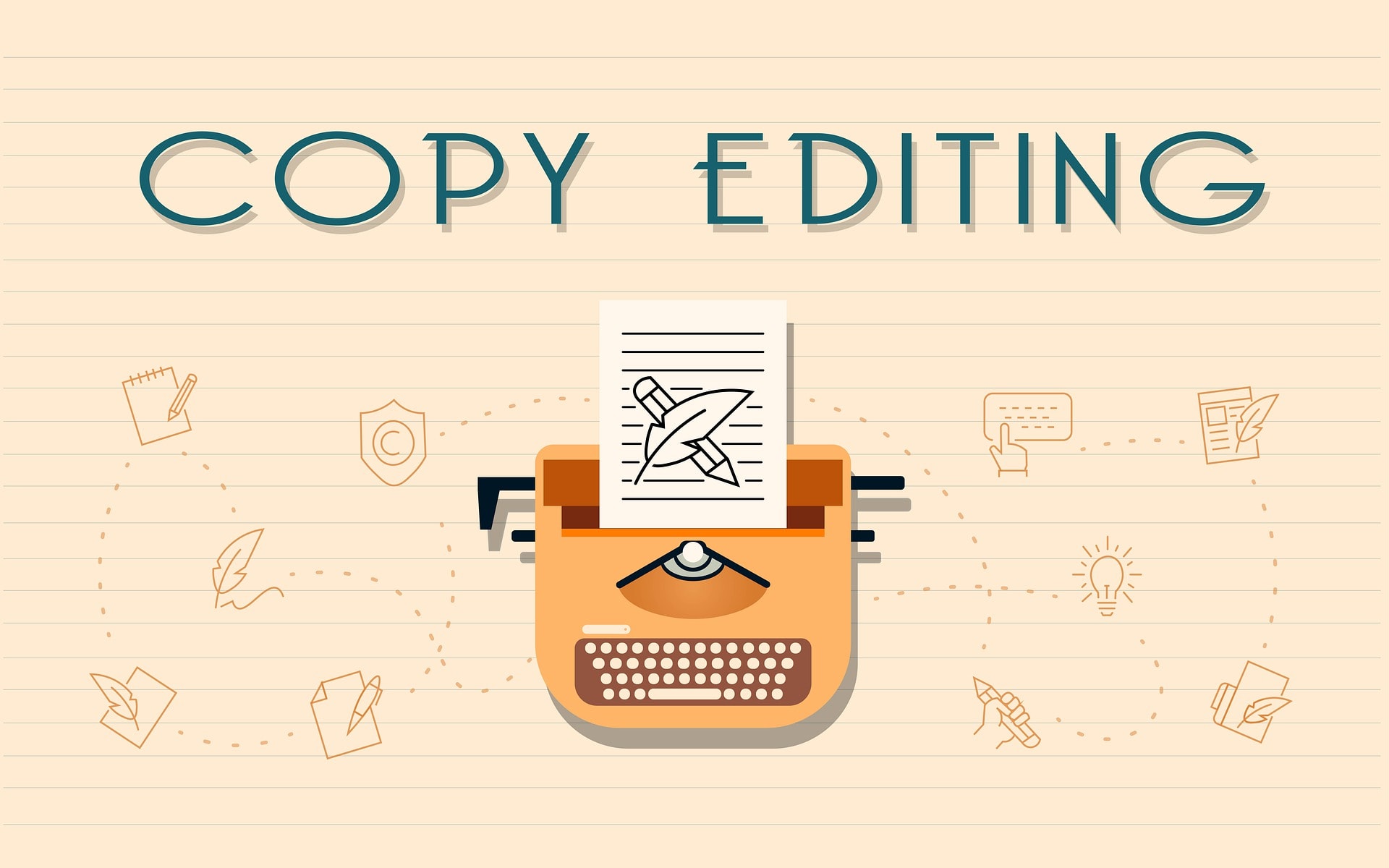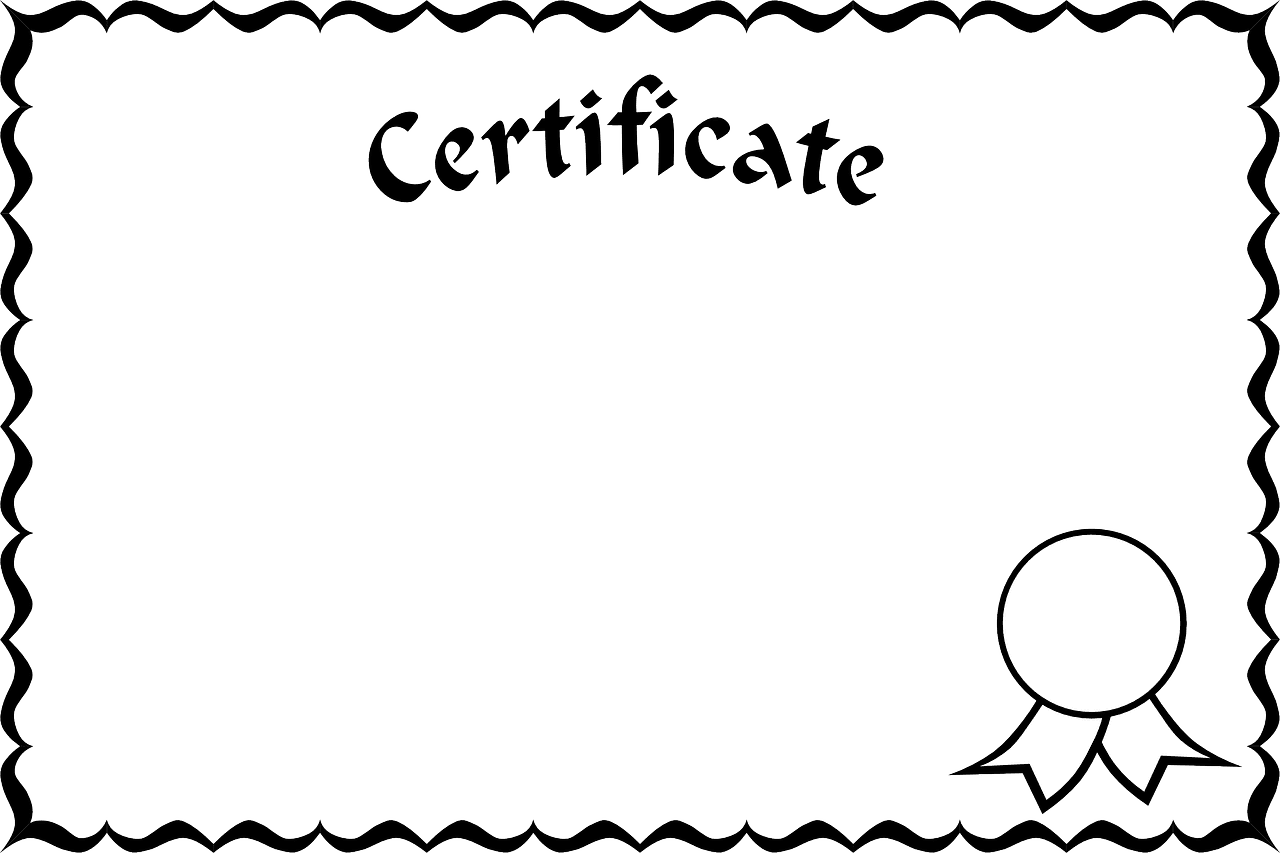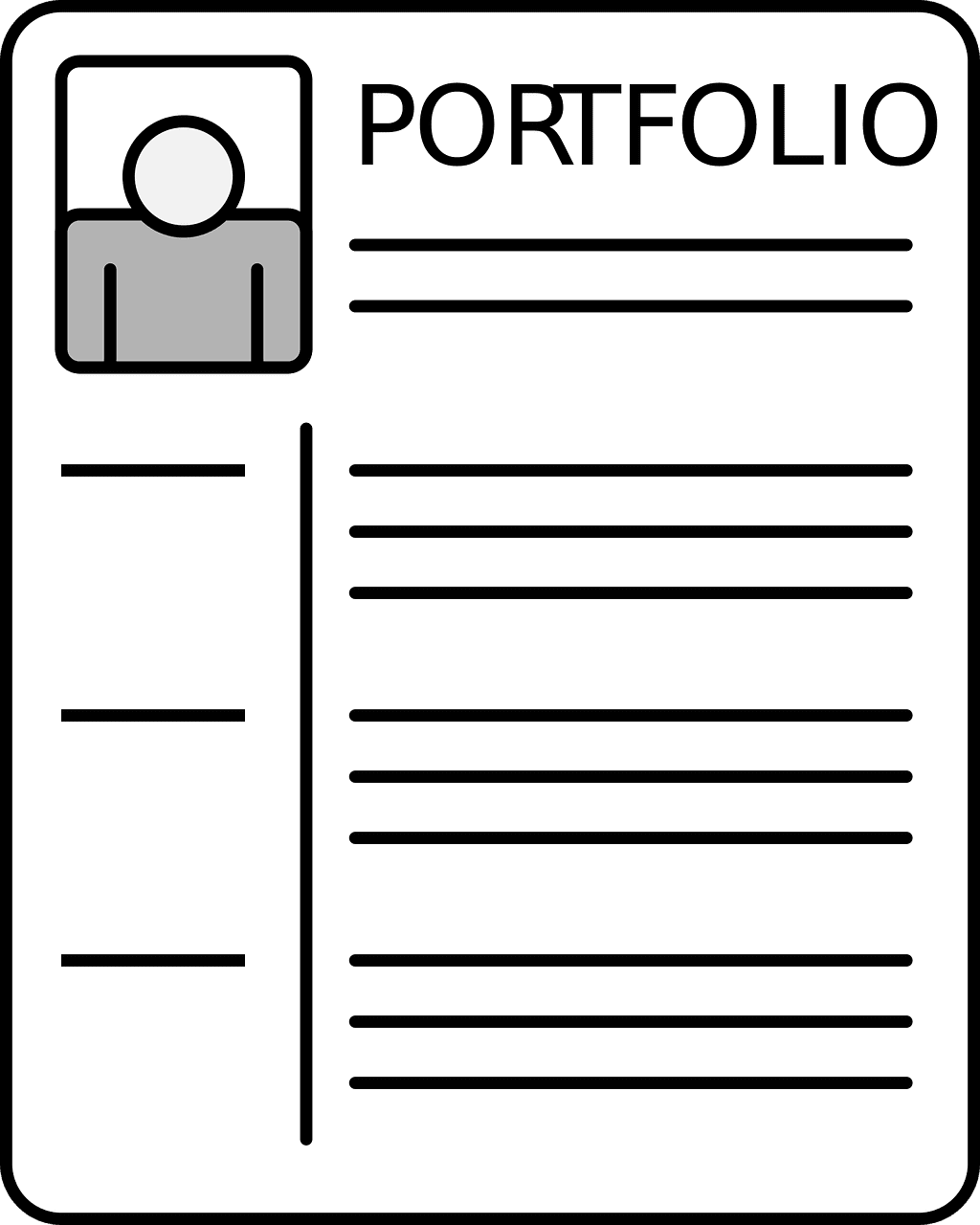If you have a good eye for details and like to read and fix mistakes, you might be able to do well as a copy editor. A copy editor must be diligent and focused in order to help their team write flawless content. Before looking for jobs as a copy editor, it’s important to know what their main jobs are and what kind of training they need to do them.
In this article, we talk about what a copy editor does and what you need to do to get started in this field.
How To Become Copy Editor in 2024– 9 Tips

What is a copy editor?
Copy editors are in charge of making sure that different types of text meet basic standards for grammar, readability, style, spelling, voice, and other things. Their job is to make sure that all of an organization’s writing is up to a high standard of quality and that it effectively gets a message across.
They work with writers, illustrators, and publishers to make sure that written content is consistent and that projects are finished on time. Copy editors may work in-house as part of a team of editors or as freelance editors.
What does a copy editor do?
Copy editors check the written content for style and structure. They make small changes themselves, like adding commas or fixing spelling mistakes. Detailed comments are left by copy editors for bigger issues, such as organization, focus, and tone.
Copy editors may also cut out parts of a piece of writing to cut down on the number of words or change the order of some sentences to make the ideas flow better. A copy editor also has to do the following:
- Checking claims for accuracy
- Adding links and checking sources
- Subtitles and titles
- Proposing improvements for the future
- Providing style guide coaching to employees
- Formatting and adjusting the layout of the page
Copy editors can work on any kind of writing. They can edit news stories, manuscripts, job descriptions, emails, and even documents that are used only by the company. Some copy editors may choose to focus on a technical area where they do a lot of research.
Average salary for a copy editor
The average salary for copy editors working full time is $35,865. A copy editor’s income can vary according to where he or she lives, where they work, and how much experience they have.
How to get a job as a copy editor
Here are the steps you need to follow to become a copy editor:
1. Pursue a college degree

Employers often look for copy editors with a degree in English or a related field to make sure they hire people who know how to write well and follow grammar rules.
Some employers may also accept an associate’s degree or equivalent experience, but most copy editing jobs require a bachelor’s degree. Choose electives and courses that will help you get better at technical writing and editing, such as:
- Editing fundamentals
- News editing
- Public relations
- Corporate communication
- Literary journalism
- Pagination
- Journalism ethics
- Proofreading
2. Read and write regularly

The best way to improve your skills as a copy editor is to read and write often. You can learn more about the best way to edit your field’s content by reading it and identifying common flow and readability issues.
To help you think like an editor, write down what you would change when reading someone else’s work.
Even though as a copy editor you won’t be writing the content yourself, writing on your own can help you become a better editor. Writing more can help you understand how writing works, so you can give better advice and make better edits.
3. Explore different specialties
Think about choosing a niche based on what kind of writing you like to do the most. Apply for internships in editing and proofreading in different fields to find out what kind of work fits your skills and career goals.
4. Learn various style guides
Before you try to get a job as a copy editor, take the time to learn about popular style guides. Even though each organization or client may have its own style guide, they often use parts of popular academic style guides like APA, MLA, Chicago, and Turabian.
Employers usually expect copy editors to know how to use these style guides and be able to make changes to punctuation and formatting without having to look something up. This is especially important if you want to edit any kind of technical or scientific writing.
Try using flashcards or workbooks to get better at using the most common style guides in your field. You might want to buy your own copy of official style guides and check them out as new versions come out.
5. Build a portfolio through freelance
Look for small editing jobs that you can do on your own to improve your editing skills and build a portfolio. By putting together an editing portfolio, you can show a client what kind of changes you could make to their writing projects.
Make sure to show how you edited by saving a version of these assignments before and after you edited them or scanning them to show your changes.
You can use your portfolio to show that you know how to use standard copy editing notation and that you can simplify and improve the content that isn’t very good.
6. Gain certifications

There are a lot of schools that offer writing and editing courses that lead to certificates. Having a certification can make you stand out from other applicants and teach you more about the field.
You can also take courses and get certifications in fields like marketing or publishing that are related to your work.
Consider joining a professional organization for copy editors like the Editorial Freelancers Association or the Society for Editing, also known as the American Copy Editors Society, while you’re working toward official certification.
Professional groups can help you get training, go to workshops, and improve your editing skills over the course of your career.
7. Build a polished resume

If you want to become a copy editor, your resume and cover letter must be perfect. Any writing you send in should be correct and add something to your application.
Remove any redundant or irrelevant information, and show your writing skill by using strong verbs and adjectives. Spacing and punctuation should be done the same way every time to show that you know how to format and can use the rules in your own work.
8. Market yourself
Whether you want to work on your own or for a company, promoting your professional skills can make you a top candidate for copy editing jobs.
You could make your own website to show off your professional skills, or you could use social media to connect with other people who work in writing and publishing.
Reach out to clients and organizations that write the kind of content you want to edit and tell them what you can do for them. You can look for websites with spelling and grammar mistakes and offer a sample edit to show how you could make their web presence better.
9. Complete editing tests
As part of the application process for many copy editing jobs, you will need to take and pass an editing test. You’ll have to read a style guide and use it on a piece of writing in a short amount of time.
These test pieces are often made to have mistakes on purpose, so be careful to find and fix as many of them as you can.
Frequently asked questions
Where do copy editors of text work?
Copy editors usually work for magazines, newspapers, marketing firms, publishing houses, public relations firms, and other businesses. A copy editor may be needed by any business that makes written content.
What does a copy editor’s workspace look like?
Most of the time, copy editors work in an office setting during normal business hours. They might share a workspace with a writer to speed up the editing process and cut down on the time it takes to finish a project.
Copy editors who work as freelancers can set their own hours and work from home as long as they meet their client’s deadlines.
What should the main focus of a copy editor be?
Copy editors can major in fields like journalism, communications, literature, linguistics, creative writing, and marketing that have to do with writing.
What makes a copy editor different from a proofreader?
Copy editors have to proofread as part of their job, but they also have to do a lot of other things. Proofreaders only looked for mistakes in grammar and spelling, while copy editors rewrote the text as a whole to improve its style and focus.
Quick Links:


